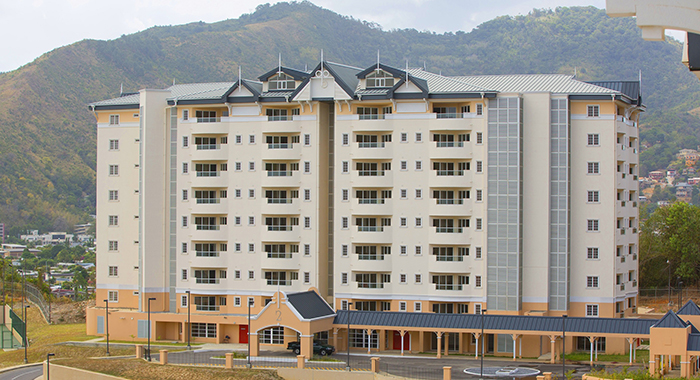A heated debate has emerged in Trinidad and Tobago regarding a rent-to-own housing unit acquired by Soleil Gonsalves, the daughter of St. Vincent and the Grenadines Prime Minister Ralph E. Gonsalves. The new UNC government alleges that she received preferential treatment under the former PNM administration, while the Gonsalves family maintains that the property was secured through the open market. However, a closer examination of the rent-to-own system reveals why such claims are untenable. Rent-to-own is not a standard commercial real estate transaction. It is a government-supported initiative designed to assist low- to middle-income individuals who are unable to qualify for traditional mortgages due to insufficient income, lack of down payments, or unstable employment. These schemes are inherently selective, offering reduced monthly payments and state subsidies to help beneficiaries gradually build equity. In this case, the unit in question reportedly costs TT$2,750 per month, a stark contrast to its market rental value of TT$10,000. This 70% reduction underscores the program’s nature as a subsidy, not a market-rate purchase. The assertion that the unit was available on an open market is further undermined by the fact that over 214,000 Trinidadians are on the HDC waiting list for affordable housing, some for decades. If the unit were genuinely accessible to anyone, it is implausible that it would bypass thousands of long-suffering citizens. This raises critical questions about transparency and fairness in the allocation process. The controversy highlights the need for public clarity on the purpose of rent-to-own schemes: to provide a lifeline for those excluded from traditional homeownership pathways. The truth of this case suggests that the unit was not obtained through an open, first-come-first-served process, but rather through a system that appears to favor select individuals.
